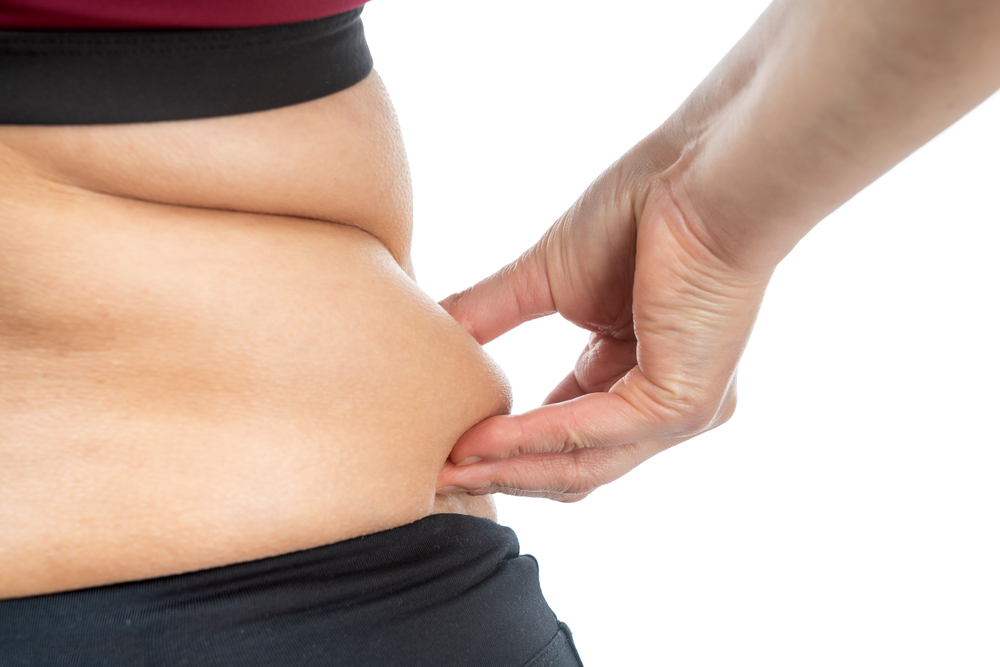- Home
- Blog
- Healthy Weight Loss
- The lifestyle diet craze
The lifestyle diet craze
Written by Catherine Saxelby
on Wednesday, 15 March 2023.
Tagged: diets, guides, health, healthy lifestyle

What sort of a diet should you follow to lose that excess weight? These days, it’s pretty confusing with high-protein Keto advocates clashing with plant-protein followers … as well as intermittent fasters, juice-only dieters, no-carb dieters and no-animal (aka plant-based) dieters. Plus all the ads for anti-hunger supplements, meal-replacement shakes and home-delivered meals, more of which somehow appear every day. So, what sort of diet should YOU follow to lose that excess?
What’s the best diet?
The best diet for you is the one that:
- you enjoy
- can stick to for more than ONE WEEK
- is sustainable
- suits your needs, such as needing to have your lunch at 11 am each day OR needing to eat something in between meals.
Weight-loss diet books must give accurate info
The popularity of self-prescribed dieting means it’s important for weight-loss diet books to be nutritionally adequate and provide accurate information. Currently, there is no gold standard by which to assess popular diet books.
In a study, Australian dietitians at the University of Wollongong independently evaluated 20 of the most popular diet books. These included diets such as the Dr Atkins’ New Diet Revolution, Eat Right 4 Your Blood Type, Rosemary Conley’s Red Wine Diet, Stop the Insanity! and The Volumetrics Weight Control Plan.
- The researchers rated only five of the diet books as “acceptable”, meaning the diets met dietary and health guidelines with scores of over 80.
- The rest were fad diets, which lacked nutritional adequacy and scientific evidence.
- Three diets provided fewer than 4,200 kilojoules (1,000 Calories) per day, while five books advertised weight-loss results of greater than 1 kg per week, and promoted or used “fast” weight loss as a selling point.
- The overall scores for the 20 books tested ranged from 32 to 97 out of a possible 100.
Most books relied on testimonials rather than supporting their results with data published in peer-reviewed journals. Books authored by people with nutrition qualifications rated the highest. Those authored by people with qualifications in medicine or physiology were rated below this.
Weight loss happens SLOWLY – only about 0.5 to 1 kg lost each week. Rapid weight loss followed by rapid weight gain (after stopping the diet) can have adverse effects on the metabolic rate, making it easier to gain weight in the future.

Most diets are duds
Dud diets tend to have five features in common. The authors suggest that if the diet you’re considering has ANY of these five features, give it the flick:
1. The diet implies that a food can change body chemistry.
2. It suggests that hormones are responsible for being overweight.
3. The diet recommends supplements and special foods such as shakes.
4. It promises quick, even miraculous, results.
5. The diet bans certain foods or food groups.
The bottom line
No single diet will suit everyone. Pick and choose what suits YOU.
Jemma O'Hanlon
The Good Stuff
The Boring Stuff
© 2025 Foodwatch Australia. All rights reserved
Website by Joomstore eCommerce





